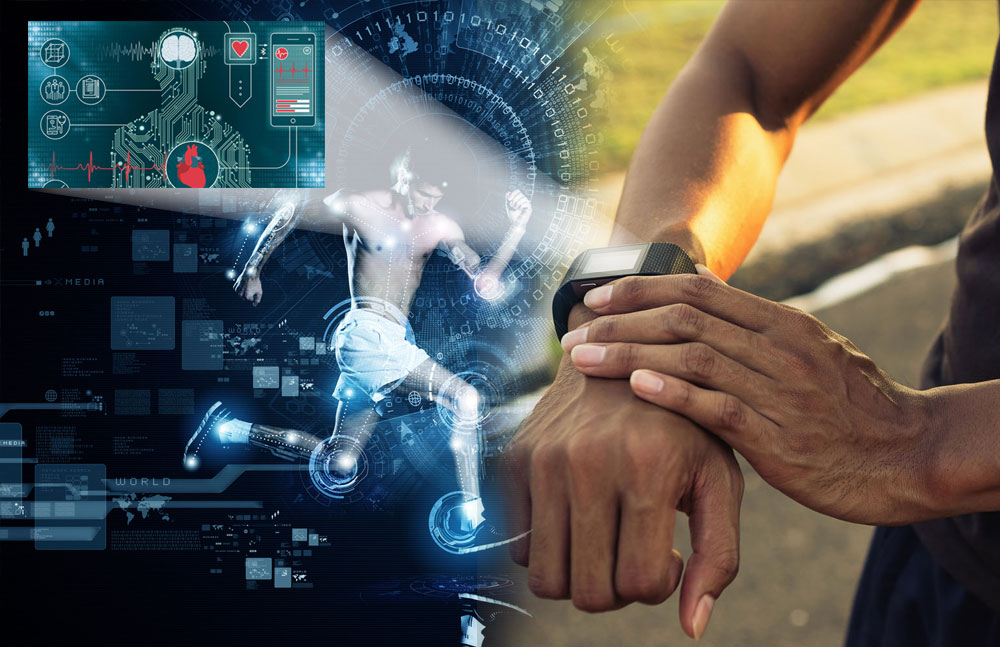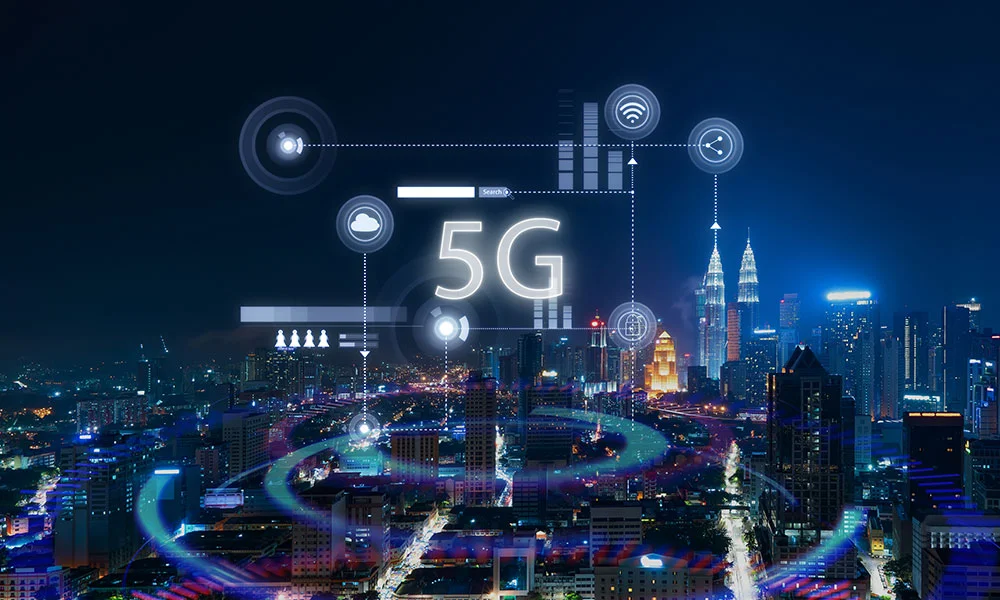Introduction to AI in Personal Assistants
Imagine waking up to a personal assistant that not only understands your voice but also anticipates your needs before you even express them. The world of personal AI assistants is evolving rapidly, moving far beyond simple voice commands and basic task execution. These virtual companions are becoming smarter, more intuitive, and tailored to fit seamlessly into our daily lives.
As our reliance on technology grows, so does the potential for AI in enhancing how we manage tasks, make decisions, and personalize our experiences. Gone are the days when these assistants merely responded to inquiries; now they’re taking proactive roles in helping us navigate through life’s complexities.
Join us as we explore this exciting transformation in the realm of personal AI assistants and discover what lies ahead in this fascinating journey!

The Evolution of Personal Assistants
Personal assistants have come a long way. From the early days of simple scheduling tools to today’s sophisticated AI systems, their evolution is remarkable.
Initially, personal assistants were limited to basic tasks like calendar management and reminders. They played a supportive role but lacked true intelligence.
The introduction of voice recognition technology marked a significant turning point. Suddenly, users could interact with their devices hands-free, making assistance more accessible.
As technology advanced, virtual assistants began integrating machine learning algorithms. They started recognizing patterns in user behavior and preferences.
This shift paved the way for personalized experiences tailored to individual needs. Today’s virtual assistants are not just reactive; they anticipate requirements before users even ask.
With each advancement in AI capabilities, personal assistants are evolving into indispensable tools that enhance productivity and simplify daily life.
Beyond Voice: How AI is Changing the Game
Voice commands have long been the face of personal AI assistants, but there’s much more beneath the surface. The shift towards visual and contextual interactions is revolutionizing how we engage with these technologies.
Imagine an assistant that understands your schedule visually. It can analyze your calendar layout, suggesting optimal meeting times or alerting you to conflicts without a single word spoken.
Furthermore, machine learning capabilities enhance data interpretation. Your preferences are monitored and understood over time, allowing for personalized recommendations tailored just for you.
Integrating various platforms creates a seamless experience. A virtual assistant can now connect multiple devices—smart home gadgets included—ensuring everything works in harmony without relying solely on voice prompts.
Emotion recognition technology opens new avenues. This ability allows AI to respond appropriately based on the user’s emotional state, enhancing interaction quality beyond mere commands. Each evolution brings us closer to smarter solutions tailored uniquely for our lifestyles.

Enhanced Task Management and Organization
AI-driven personal assistants have revolutionized how we manage tasks and stay organized. These virtual helpers go beyond simple reminders, offering sophisticated features that adapt to our habits.
Imagine an assistant that learns your preferences over time. It prioritizes tasks based on urgency and importance, ensuring you’re always ahead of deadlines. By analyzing your daily routines, it can suggest optimal times for work or relaxation.
Collaboration is another game-changer. With AI integration, sharing calendars and managing group projects becomes seamless. Everyone stays in the loop without overlapping schedules or missed appointments.
Moreover, these smart tools can automate repetitive tasks like sorting emails or setting up meetings. This saves precious time and reduces mental clutter.
In a world where distractions are abundant, enhanced organization through AI empowers users to focus on what truly matters while maintaining control over their responsibilities.
Predictive Decision Making and Problem Solving
Predictive decision-making is revolutionizing how personal assistants operate. With advanced AI algorithms, these tools can analyze historical data and trends to provide users with insightful recommendations.
Imagine a virtual assistant that not only manages your calendar but also predicts when you might need reminders for recurring tasks or important deadlines. It’s like having a personal advisor who understands your habits and preferences intimately.
Problem-solving capabilities of AI have evolved significantly too. Whether it’s troubleshooting tech issues or optimizing travel routes, these assistants utilize real-time information to offer solutions tailored to individual needs.
This level of foresight reduces the mental load on users, allowing them to focus on more pressing matters. As predictive analytics continue to improve, the accuracy and relevance of insights provided by personal assistants will only enhance user experience further.
Increased Integration and Personalization
The rise of AI in personal assistants has brought remarkable changes in how we interact with technology. Integration across multiple platforms is now seamless, allowing users to connect various devices effortlessly.
Imagine managing your smart home through a single virtual assistant. From adjusting the thermostat to controlling lights and security systems, everything works harmoniously at your command. This interconnectedness saves time and enhances convenience.
Personalization takes this integration a step further. AI learns from user habits and preferences to deliver tailored experiences. Whether it’s recommending music playlists or suggesting meal plans based on dietary restrictions, every interaction feels unique.
This level of customization creates a more engaging experience for users. It transforms the way we utilize personal assistants, making them indispensable tools in our daily lives that adapt specifically to us rather than offering generic solutions.
The Future of AI in Personal Assistants
The future of AI in personal assistants holds exciting possibilities. As technology advances, these virtual companions will become even more intuitive and responsive to individual needs.
Imagine a world where your personal assistant understands your preferences without needing explicit instructions. They could anticipate your schedule changes or suggest activities based on mood and context.
AI integration with other smart devices is also on the rise. Picture seamless communication between your home, car, and office through a single interface. This connectivity can streamline daily routines like never before.
Additionally, as machine learning algorithms improve, personalization will reach new heights. Tailored recommendations for everything from meals to entertainment could enhance everyday experiences significantly.
With advancements in natural language processing, interactions will feel more human-like. Conversations may flow naturally rather than being limited to simple commands. The evolution of voice recognition technology means that understanding nuance is within reach too.
Ethical Concerns and Limitations
As AI technology evolves, ethical concerns become increasingly prominent. Privacy issues arise when personal assistants collect vast amounts of user data to improve their functionality. Users may not always be aware of how their information is being used or stored.
Bias in algorithms presents another challenge. If the data fed into these systems reflects societal biases, it can lead to unfair treatment and reinforce stereotypes. This issue highlights the importance of transparency in AI development.
Moreover, dependency on virtual assistants raises questions about human interaction and decision-making skills. As people rely more on these tools, there’s a risk that critical thinking abilities might diminish over time.
Regulatory frameworks lag behind technological advancements. Policymakers need to catch up to ensure that ethical standards are met without stifling innovation in this rapidly evolving field. Addressing these concerns is essential for creating responsible artificial intelligence solutions.
Conclusion
AI has truly transformed the landscape of personal assistants. We’ve moved beyond mere voice commands to a world where virtual companions can manage our tasks, predict our needs, and offer personalized experiences that were once unimaginable.
As AI continues to evolve, we will likely see even greater integration into daily life. The way personal assistants interact with us may change dramatically, becoming more intuitive and efficient. However, as we embrace these advancements, it’s important to remain vigilant about ethical considerations surrounding data privacy and algorithmic bias.
The future promises exciting developments in this field. Personal assistants are set not only to streamline our routines but also enhance overall quality of life through smarter decision-making capabilities and deeper understanding of individual preferences. As we navigate this fast-paced evolution in technology, keeping an open mind will be essential for leveraging the full potential of AI-driven personal assistance while addressing its challenges head-on.






